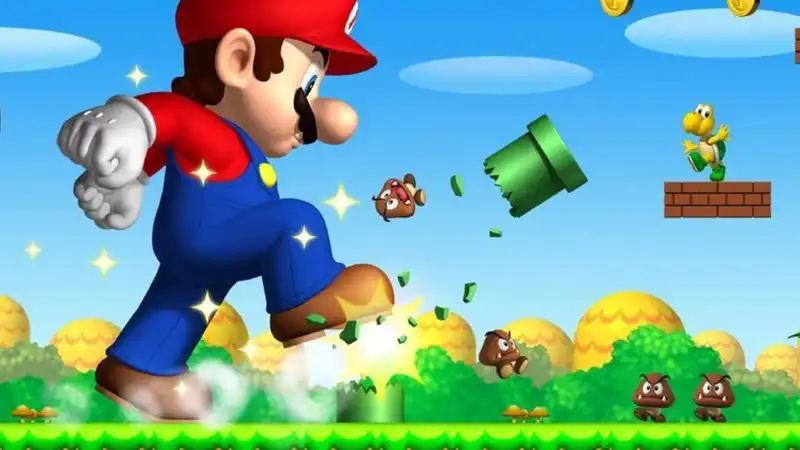TweakTown first reported that Nintendo president Shuntaro Furukawa said during a recent investor conference call that the company has no plans to use generative AI technology in its games. Furukawa's cautious stance is in contrast to most tech and gaming companies that are either eagerly pursuing generative AI or remain open to the possibility of doing so in the future.
In response to the fourth question in the transcript of the investor conference call, Furukawa stated (obtained via machine translation and edited for clarity):
"In the game industry, technologies like AI have long been used to control the movements of enemy characters, and game development and AI technology have always I think there is a close relationship between game development and AI technology.
"Generative AI, which has been talked about recently, can be used more creatively, but we are also aware that there are intellectual property issues.
Our company has decades of expertise in providing optimal gaming experiences for our clients. We are flexible to technological developments, but we want to continue to provide our unique value, which cannot be created by technology alone."
We are also aware of the importance of the "value" of our products and services, and we are committed to providing our customers with the best possible experience.
Despite the legal, creative, and ethical concerns surrounding generative AI tools that scour the Internet for images and text data and spit out reconstructed amalgam forms, the gold rush - some might say bubble - surrounding this technology shows no immediate shows no signs of abating.
Google now inserts little AI-generated answer boxes above search results, sometimes telling you to drink pee or eat rocks. Meanwhile, ubiquitous GPU maker Nvidia has become the world's most valuable company, backed by chips that power some of the most famous AI models.
This carnival-like atmosphere makes Furukawa's response surprising and fresh. When hesitant about generative AI, the standard CEO script is at best to say, "We are considering it" or "We are looking at all the options on the table." Furukawa's answer is far clearer, and Nintendo is the largest company in the gaming industry, or even the world, to adopt such a stance.
In many ways, however, the answer feels completely, classically "Nintendo"; as TweakTown points out, Nintendo is an extremely litigious company, and it carefully protects its intellectual property. Usually, this manifests itself in ways that are detrimental to fans and consumers. Examples include the legendary hostility toward mods, fan art, and fan games, as well as recent efforts to shut down emulators and ROM hosting sites. However, in the particular case of the AI model's use of vast amounts of data with little regard for ownership rights, the iron law of IP led President Furukawa in a cautious and prescient direction.
To assess Nintendo a bit more, this is also a move in line with the company's creative history: Nintendo doesn't follow trends, it creates them. On the technology side, Nintendo has always used low-powered, old hardware to push new experiences that no one had thought of before. Inventing handheld gaming as we know it with the Game Boy, reinventing it with the Switch, and inspiring a generation of lesser motion control imitators with the Wii. sleepwalking into the hype of AI does not match that history, but then again, sleepwalking into NFT Sleepwalking into NFT, however perfunctory it may have been, was likewise.
So perhaps it should have been predictable that this would happen to Nintendo. But even if many of Nintendo's other high-level decisions in recent years have left the company frustrated, I find this decision comforting and reassuring in the ongoing wave of AI fabricationism.


Comments